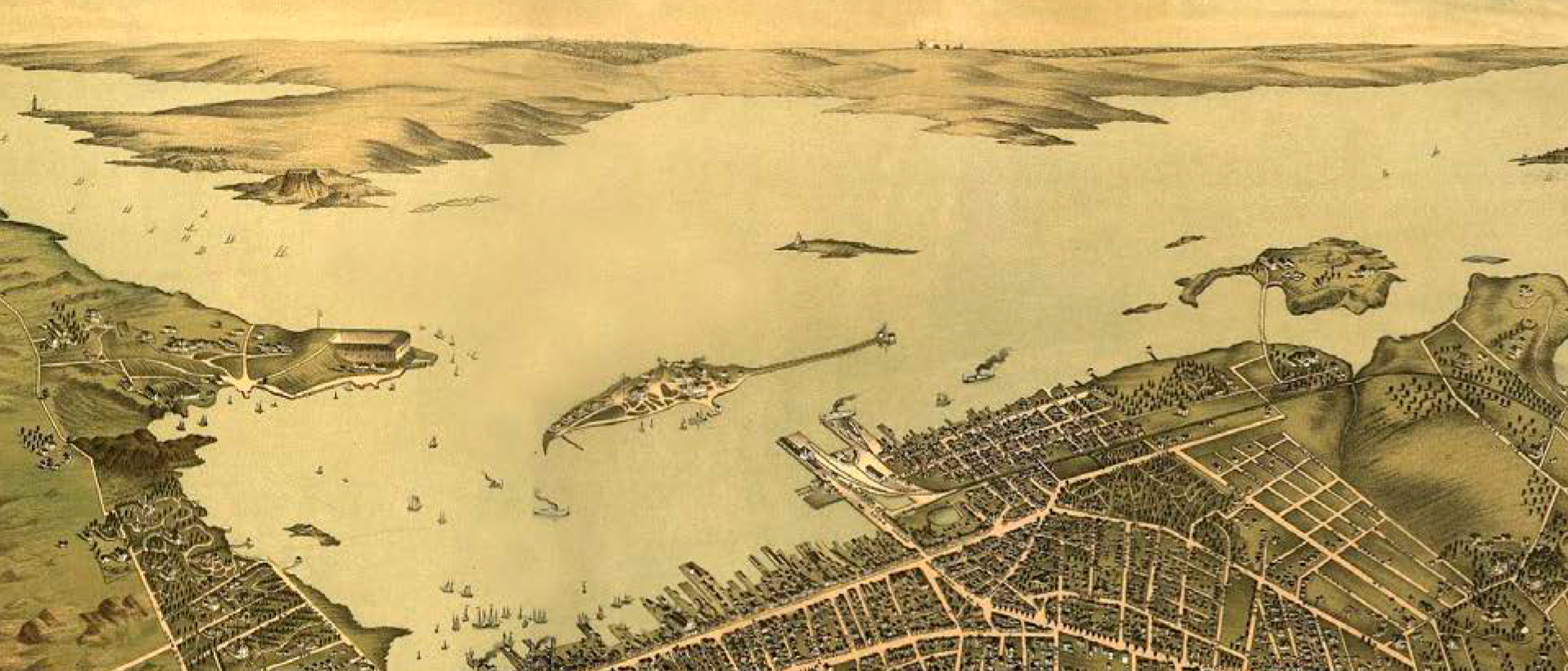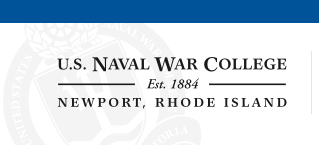
Newport Papers
Newport Papers are extended research projects that the Director, the Dean of Naval Warfare Studies, and the President of the Naval War College consider to be of particular interest to policy makers, scholars, and analysts. These book-length monographs cover a variety of subjects, but ideally relate to contemporary operational or strategic concerns in the realm of maritime security. Printed copies of Newport Papers are distributed to a list of approximately 300 senior commanders and staff members.
-

High Seas Buffer
Bruce A. Elleman
Following its defeat on the mainland in 1949, the Nationalist government retreated to Taiwan. Although the Nationalist navy was comparatively large, to many it seemed almost certain that the People's Republic of China (PRC) would attack and take Taiwan, perhaps as early as summer 1950. The Korean War began on 25 June 1950, however, and the possibility of a PRC invasion of Taiwan was countered when on 27 June President Harry S. Truman ordered the Seventh Fleet to "neutralize" the Taiwan Strait. Mao Zedong at first postponed and eventually canceled altogether his planned invasion of Taiwan.
-

Innovation in Carrier Aviation
Thomas C. Hone, Norman Friedman, and Mark D. Mandeles
This study is about innovations in carrier aviation and the spread of those innovations from one navy to the navy of a close ally. The innovations are the angled flight deck; the steam catapult; and the mirror and lighted landing aid that enabled pilots to land jet aircraft on a carrier’s short and narrow flight deck.
-

Defeating the U-Boat
Jan S. Breemer
In Defeating the U-boat: Inventing Antisubmarine Warfare, Newport Paper 36, Jan. S. Breemer tells the story of the British response to the German submarine threat. His account of Germany's 'asymmetric' challenge (to use the contemporary term) to Britain's naval mastery holds important lessons for the United States today, the U.S. Navy in particular.
-

Piracy and Maritime Crime
Bruce A. Elleman, Andrew Forbes, and David Rosenberg
As modern nation-states emerged from feudalism, privateering for both profit and war supplemented piracy at the margins of national sovereignty. More recently, an ocean enclosure movement under the aegis of the United Nations Convention on the Law of the Sea 1982 has granted states access to maritime resources far beyond their territorial limits.
-

Somalia...From the Sea
Gary J. Ohls
From January 1991 through March 1995, the United States conducted numerous incursions into Somalia, undertaking a variety of missions and objectives. All of the actions had humanitarian elements, yet the operations that made up this mosaic of American involvement ranged from benign to aggressive, from purely humanitarian to clearly combative. Somalia...From the Sea is an account that attempts to explain and analyze these actions and place them within the overarching strategic and operational concepts developing in the first years following the end of the Cold War.
-

U.S. Naval Strategy in the 1980s
John B. Hattendorf and Peter M. Swartz
This volume is designed to complement and extend the previously published history of The Evolution of the U.S. Navy’s Maritime Strategy, 1977–1986, and to present publicly for the first time the detailed changes and developments that occurred during the decade in the five (now declassified) official versions of the strategy and three directly associated unclassified public statements by successive Chiefs of Naval Operations that were made in the years between 1982 and 1990.
-

Perspectives on Maritime Strategy
Paul D. Taylor
In September 2005, fifty-five chiefs of navies and coast guards, along with twenty-seven war college presidents from around the world gathered in Newport for the Seventeenth International Seapower Symposium. We shared perspectives on a broad range of issues important to the global maritime community and individual countries through the mechanism of regionally oriented seminars (eight of them). The two days produced comprehensive lists of key concerns from each region, the similarity of which was remarkable.
-

Major Naval Operations
Milan Vego
In generic terms, a major naval operation can be understood as a series of related major and minor naval tactical actions conducted by several naval combat arms and combat arms of other services, in terms of time and place, and aimed to accomplish an operational (and sometimes limited strategic) objective in a given maritime theater.
-

Waves of Hope
Bruce A. Elleman
In Newport Paper 28, Waves of Hope: The U.S. Navy’s Response to the Tsunami in Northern Indonesia, historian Bruce A. Elleman provides the first comprehensive history and analysis of what would become known as Operation UNIFIED ASSISTANCE.
-

U.S. Naval Strategy in the 1970s
John B. Hattendorf
This work is part of a four-volume set of studies within the Naval War College Press’s Newport Paper monograph series. A broad introduction to the history of strategic and doctrinal thinking within the U.S. Navy in the period between 1970 and 2000 is found in these Newport Papers; it may be useful to read them in the order in which they appeared rather than in the chronological order of the periods that they cover. Thus, the basis of this series begins with The Evolution of the U.S. Navy’s Maritime Strategy, 1977–1986. That work is followed by the three separate volumes of documents, including this one, each devoted to one of three decades of the 1970s, 1980s, and 1990s.

